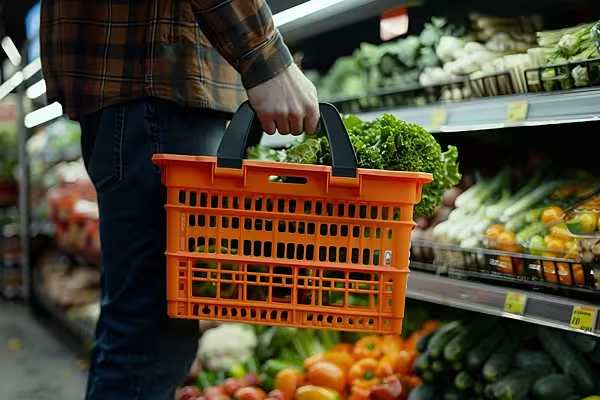Public demand for sustainable practices from businesses and corporations has really ramped up in the past few years.
In particular, both the grocery retail and consumer goods industries have been under increased scrutiny because of the sheer volume of plastic and packaging that they produce on a daily basis.
To explore this issue more broadly, ESM explores a new report from Ecovia Intelligence, which predicts the sustainable food and retail industry trends that are most likely to shape the coming year.
1. Sustainability Schemes
It is anticipated that the adoption rates of sustainability schemes (organic, Fairtrade, RSPO, etc.) will continue to rise this year. Consumer demand for eco-labelled food products and ethical-sourcing pledges by food companies should drive growth.
2. Regenerative Agriculture
According to Ecovia Intelligence, it will not be surprising if more food operators make commitments to regenerative agriculture in 2023. In terms of standards in this area, the Regenerative Organic Alliance is currently the frontrunner, having been adopted by over 100 farms that manage 0.23 million hectares of land.
3. Upcycled Foods
The number of companies offering upcycled products has grown from almost nothing to over 200 in the last five years. This should be a continuing trend for 2023, says Ecovia Intelligence.
4. Plant-Based Foods
Over the past few years, the dairy alternative and meat-free sectors have grown. For 2023, high growth is predicted in the seafood alternative sector.
5. Climate-Neutral Foods
Food producers and retailers are major contributors to carbon emissions due to the sheer size of their respective industries. In 2023, more food companies are expected to make climate-neutral pledges, with some adopting certification schemes, such as those from Climate Neutral and the Carbon Trust.
6. Plastic Footprint
As mentioned at the beginning of the article, plastic continues to be a very controversial topic in the supermarket industry. Adoption rates of plastic-neutral schemes, like that of RePurpose Global and Plastic Credit Exchange, are set to rise in 2023, says says Ecovia Intelligence.
7. Biodiversity Focus
The food industry is the largest contributor to biodiversity loss. This has been covered extensively in the media. In 2023, Ecovia Intelligence predicts that more supermarkets and food operators will make biodiversity and deforestation-free pledges.
8. Retailer Developments
Finally, this year should see sustainably-minded food retailers and supermarkets adjust their business models. In particular, this will be seen with supermarkets making room for refillable options, selling unpackaged foods, and developing plastic-free zones in their stores. Expect to see more refillable and plastic-free options in supermarkets in 2023, says Ecovia Intelligence.
© 2023 European Supermarket Magazine – your source for the latest supply chain news. Article by Robert McHugh. Click subscribe to sign up to ESM: European Supermarket Magazine.














